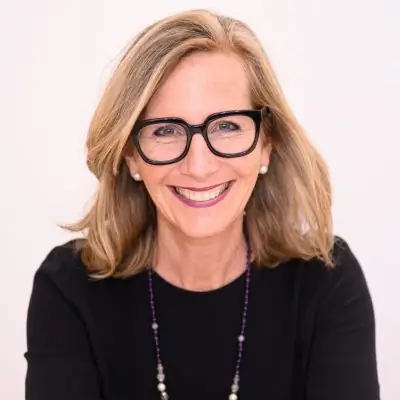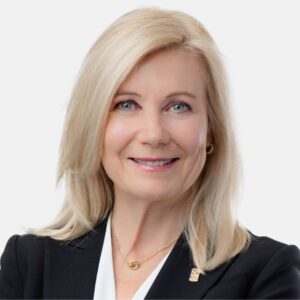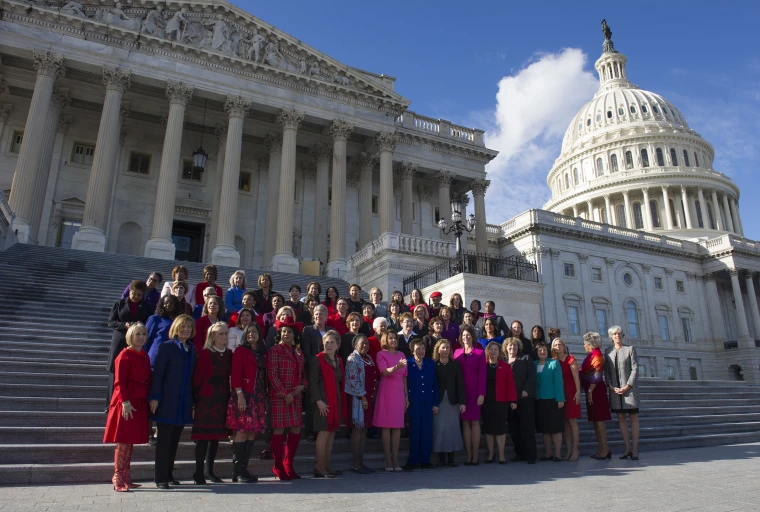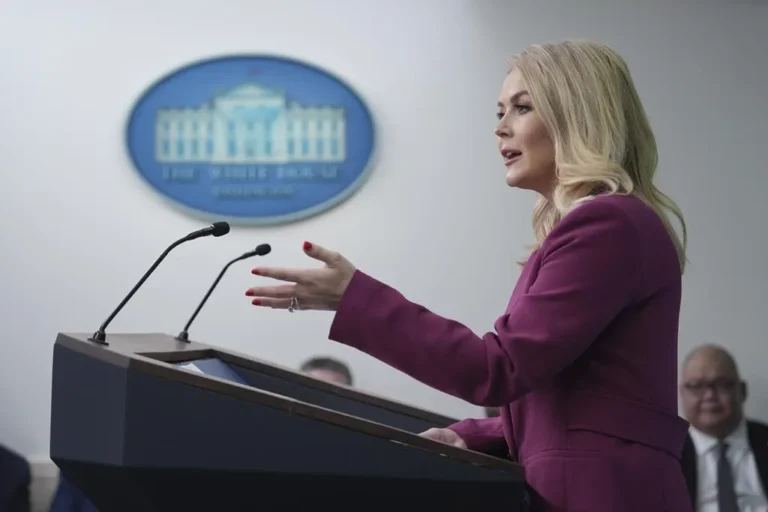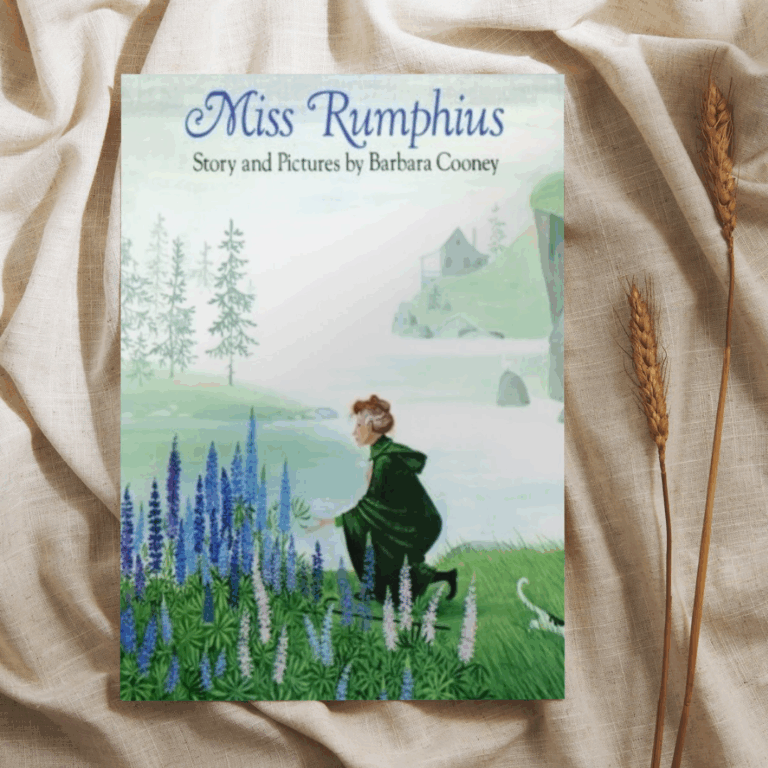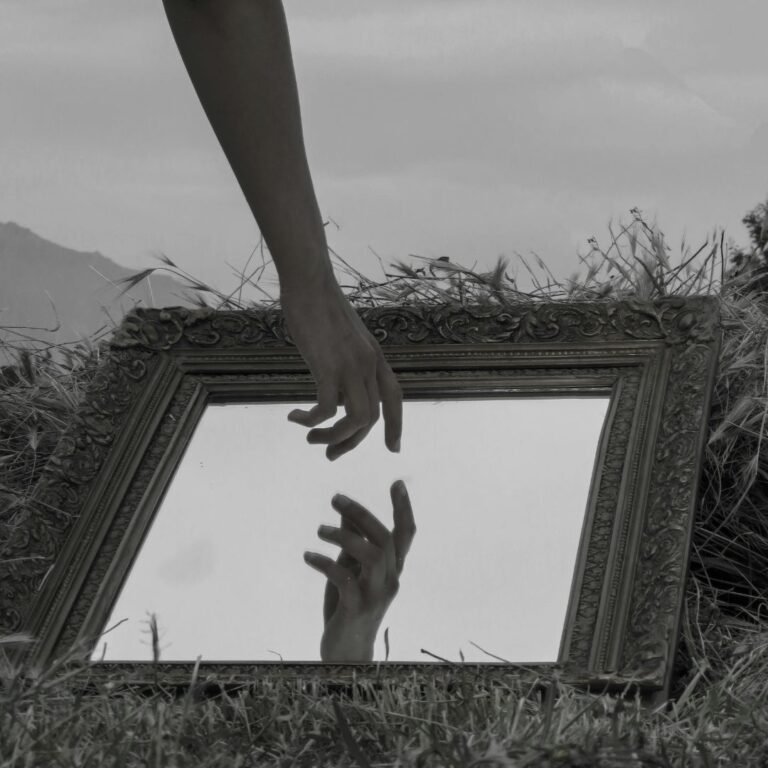Cindy Blackstock — Executive Director of the First Nations Child and Family Caring Society
Cindy Blackstock is a member of the Gitxsan First Nation and serves as the Executive Director of the First Nations Child and Family Caring Society, working tirelessly to ensure that First Nations, Métis & Inuit children can grow up safely at home, be healthy, get a good education, and be proud of who they are. Cindy, a McGill University School of Social Work professor, has over 30 years of experience working in child welfare and Indigenous children’s rights and has been described as “Canada’s relentless moral voice for First Nations’ equality.” She talks to Jen and Catherine about her past, the changes afoot in Canada regarding her essential work, and her hopes for a just, equal future for all children.
Note: This transcript has been edited for clarity and length.
What can Canada do to ensure the welfare of the next Indigenous Generations?
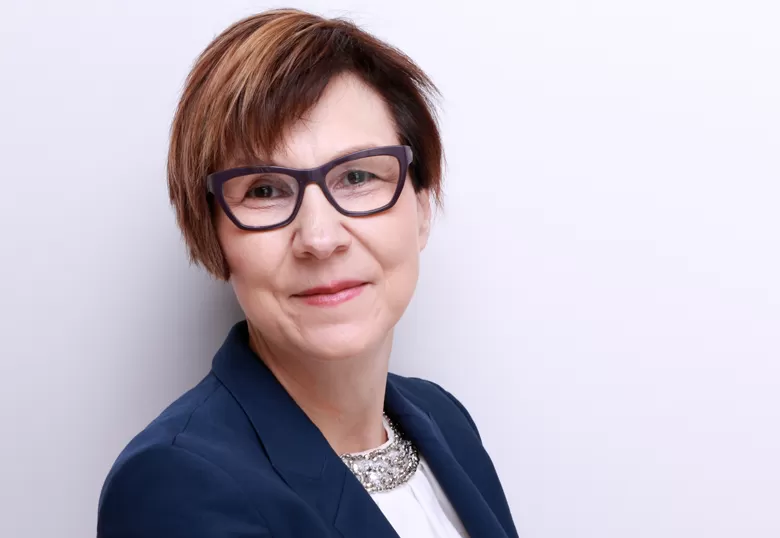
Canada’s history of injustice and what non-Indigenous people can do to help
Jennifer Stewart: How are you feeling at this moment in history?
Cindy Blackstock: Well, I think that there’s an awakening of the Canadian consciousness to the injustices done to First Nations, Métis, and Inuit children by the Government of Canada, by the churches and other actors in a way that was not evident in the past. The challenge for all of us is to ask what we, the public, and the government, should learn from residential schools and how we apply those lessons to end the contemporary injustices that plague far too many First Nations, Métis, and Inuit families.
Catherine Clark: For many Canadians, the discovery of children’s bodies at residential schools was that awakening moment, and now people are wondering, ‘What can I do to help? What can I do that will make a positive difference?’
Cindy Blackstock: The good news is that many solutions are on the books to solve a multitude of problems. The problem has been there hasn’t been the political will to implement the many solutions. That’s where the public comes in. For example, with regard to First Nations children, the federal government funds public services on reserves, but has done so to a far lesser level than all other Canadian children receive. The result is that families are not given the opportunity to recover from the multi-generational trauma from residential schools because they don’t have clean water in too many communities, or they have underfunded education or underfunded child welfare. In fact, in 2019, the Canadian Human Rights Tribunal admonished Canada for failing to implement a 2016 decision to stop that discrimination. The Tribunal said Canada’s discrimination is willful, reckless, and linked to the deaths of some children and many unnecessary family separations.
We’re coming up to a federal election. I will print off the Truth and Reconciliation Commission’s calls to action and have them at my door. And when someone of any party comes knocking, I’m going to ask them what they have personally done to implement the TRC’s calls to action. If all members of the public did that, I think the politicians would get the message that this is a political and moral imperative for the people of Canada, and if they want to sit as the Government of Canada, they must implement these calls to action and address the injustices.
The sources of her strength and courage
Jennifer Stewart: You have been called a national leader for Indigenous children. Do you feel like that is your life’s mission?
Cindy Blackstock: I think so. I have just found myself in the company of many others who have come before me and are in this movement now who don’t make any excuses for First Nations children getting less than everybody else. And it has been wonderful to see when non-Indigenous children are taught about residential schools and taught about the contributions of First Nations, Métis and Inuit peoples, and they learn about these inequalities in public services, they don’t make any excuses, either. They see the Government of Canada launching astronauts up to the space station, where they’ve got good Wi-Fi, clean water, and good food. So why, they ask, can’t that happen in northern Ontario, or just an hour and a half outside of Toronto? Education is very important, and seeing children receive that education is vital.
Catherine Clark: Why is this such a tough problem to solve?
Cindy Blackstock: That’s the million-dollar question. I’m not sure I’ve got a really good answer other than to say that colonialism is baked into the Government of Canada. I think it has not awakened to the level of state-based violence that it has perpetrated both in the past and in contemporary times against First Nations kids.
I’m not sure I’ve got a really good answer other than to say that colonialism is baked into the Government of Canada.
Cindy Blackstock
When the decision came out in 2016, finding the government to have been discriminating racially against First Nations kids by giving them fewer services, what I didn’t see was remorse – a turning inward to say, ‘How could we let this happen again? We’re a repeat offender, the Government of Canada: residential schools, 60s Scoop, and now. What is it about the way we make decisions that allows that?’ That still isn’t evident when political leaders or bureaucrats talk about how they are approaching First Nations, Métis, or Inuit children today. That’s why the public is so important. We need to demand that of them. They need to learn from the past so they don’t keep repeating it. We can’t stand by and let it happen again.
Jennifer Stewart: You were born in B.C. in the reserve town of Burns Lake, but you grew up off-reserve throughout the North. How did your childhood shape you into who you are today?
Cindy Blackstock: I was born in 1964. That’s only four years after the Indian Act was amended so that First Nations people were actual persons. I would watch the news about the civil rights movement, and when we would go into town, I would hear people talk about the injustices happening to Black Americans. And yet, these same people expected First Nations kids like me just to grow up to be on welfare or to be an alcoholic.
There was no real understanding in the Canadian public about why there were all these challenges for First Nations folks. I wanted to understand why these people who could see the civil rights injustices in the United States and in apartheid South Africa so clearly could be complicit in them happening in our own country. I wanted to find a way of understanding what was happening to these First Nations kids and being able to involve the public to make the government change direction and stop this apartheid public service delivery
Catherine Clark: Who was your most significant influence as a child?
Cindy Blackstock: I think it was my mom. My mom was a very strong person. Later in life I’ve been so blessed to learn from many wonderful women, including the great Alanis Obomsawin from the Abenaki First Nation, and folks like Joan Glode, Elsie Flood, Judy Levi, and many others who have stood as role models for me and reminded me that our shared job as adults is to look after kids. Therefore, it’s my obligation to stand in the winds of this discrimination by the Canadian government in hopes that it will take some of the burden off of this generation of children; we don’t want to leave them alone to fight this battle.
Jennifer Stewart: What gives you the strength and the courage to keep going?
Cindy Blackstock: The children and the families. I go to these First Nation communities all over the country and I just see wonderful kids. And I just think, “You deserve to grow up healthy and proud of who you are.”
And also the survivors of residential schools. I’ve listened to survivors from all over the country. One of the teachings they passed on is that when they were in residential school, they struggled to remember a few words of their language, or remember being taught by the elders what their values are so they could pass the best of that on to people like me and then, in turn, I could pass it on to the next generation of children. So when we talk about the TRC’s calls to action, those are the wishes of the survivors. They wanted this to happen so that their grandchildren didn’t have to endure the injustice and so that non-Indigenous kids never had to say sorry again.
My small repayment of the debt to those survivors who held the goodness of our cultures together is to do my part so that their grandchildren don’t suffer those injustices.
Cindy Blackstock
Working towards the future
Jennifer Stewart: What have you witnessed in your career on a reserve with First Nation, Inuit and Métis children that has given you hope for their future?
Cindy Blackstock: Wherever I go, I love seeing children being proud of their culture. Their heads are held high, and they’re speaking, learning to speak their language; they’re learning about their ancestors in a more fulsome way than was possible in my generation. In my generation, many families didn’t pass that stuff on because they were afraid you would be taken to residential school if you spoke the language or did these things. This next generation of children is starting to fulfill the ancestors’ dreams. If the burden of these inequalities was lifted, so much magic could happen with these kids; I’ve just got such great hope.
Wherever I go, I love seeing children being proud of their culture.
Cindy Blackstock
Catherine Clark: What advice do you have for other women in confronting opposition or pushback when they stand up and use their voices and rising above it in the way that you have done?
Cindy Blackstock: It’s essential to do right versus be right. The way I do that is I’m attuned to the evidence. There’s compelling evidence of these inequalities. It’s really undisputable, not only on legal rulings but Auditor General reports, reports by First Nations, etc. And to work on the basis of authority. First Nations give me the honour of working with their children on these inequalities; I work on the basis of authority. Authority is given to you; power is asserted, which is different.
It’s essential to do right versus be right.
Cindy Blackstock
It’s also really important to sit back and think about what is important to you, as a person – of all the things you have, what is the most important? The retaliation by the government put me into a space of thinking about this, because it was quite frightening. And I thought, well, they could take away my job and my organization. But then I thought, ‘The most important thing for me and my life is not anything that I have, other than my values. It’s to live with integrity in a way that brings honour to the ancestors, to my family, and most importantly, to the children and the families that I have the honour of working with.’
And then it struck me that they could never take my values away. That was enormously freeing for me. And I realized that what I needed to do was purposely focus on developing the moral courage so that I could stand up for those values when the chips were down. To live your life so that your words have meaning is one of the greatest legacies you can leave for the next generation.
Jennifer Stewart: Where do you draw that strength to always live your life with integrity, stand up to power, and continue fighting for First Nations children?
Cindy Blackstock: It’s linked to the idea that my values are the most important to me and that I owe a great debt to the survivors and this generation of children. And I take that role seriously, this idea that I must, as an adult, do what I can to safeguard the rights of children and do it in a way that brings honour and dignity to them. I think it’s particularly important in the world where we’re seeing this whole rhetoric, of falsehoods, in politics and public policy, that we all take a moment to think about what our values are and develop that moral courage as citizens, even when our governments aren’t able to do it.
The importance of education and living according to your values
Catherine Clark: You have put a focus in your life on education. Why was education so important to you?
Cindy Blackstock: I was focused very early on ending this inequality for First Nations kids. I started with a bachelor’s degree in psychology, and I was doing child protection work and needed to understand how to run an organization. So I did a Master’s in management degree, and then I realized I needed to understand the evidence of child maltreatment better and what is good for kids. So, I did a PhD in social work. And then we were litigating against Canada and I was thinking, “Why don’t they just settle this case?” and I decided to do a law degree.
All along, it’s been about colouring in the dark spots in my own knowledge to give better to these children – that’s really been guiding my education. Through that journey, I have fostered relationships with people across different disciplines – historians, scientists, the fine arts and others – who can be a part of this conversation and express things and understand things in a way that’s not possible for me alone. That is why education is so important. It’s helped me sit back and have better conversations with Canadians because the Canadian public is the antidote to government inertia in ending these injustices.
Jennifer Stewart: You’ve talked about the importance of self-care, something that people have woken up to during the pandemic and something that you practice quite carefully. What does self-care mean to you?
Cindy Blackstock: It means living with moral courage because I found that when you live in concert with your values, your stress level goes way down. That doesn’t mean I’m not in a bad mood on some days! But the antidote, for me, is going on a nice long walk. I never wear headphones when I walk because I want to listen to the orchestra of nature, and just unplug. And then bath bombs and Hawkins cheezies are my two antidotes. I know that’s not very good in terms of food nutrition, but these are the things that work. And if you think about your life, it’s when you have lived in concert with your values that you’re at the most internal peace.
Catherine Clark: How do you want to be remembered?
Cindy Blackstock: I don’t want to be remembered. I want the children of future generations to be able to live that life where they feel proud of who they are, where they know that they’re not being given less than everybody else because of their identity, where they can speak their languages, where they can play, where they can learn the teachings of their ancestors, and where non-Indigenous children can stand with them in respectful relationship. That would be the best legacy. But I don’t really care if anyone remembers Cindy Blackstock years from now. I just hope I’ve done my little bit and helped create that place where First Nations, Métis, and Inuit kids don’t have to recover from their childhoods, and non-Indigenous kids never have to say they’re sorry.

